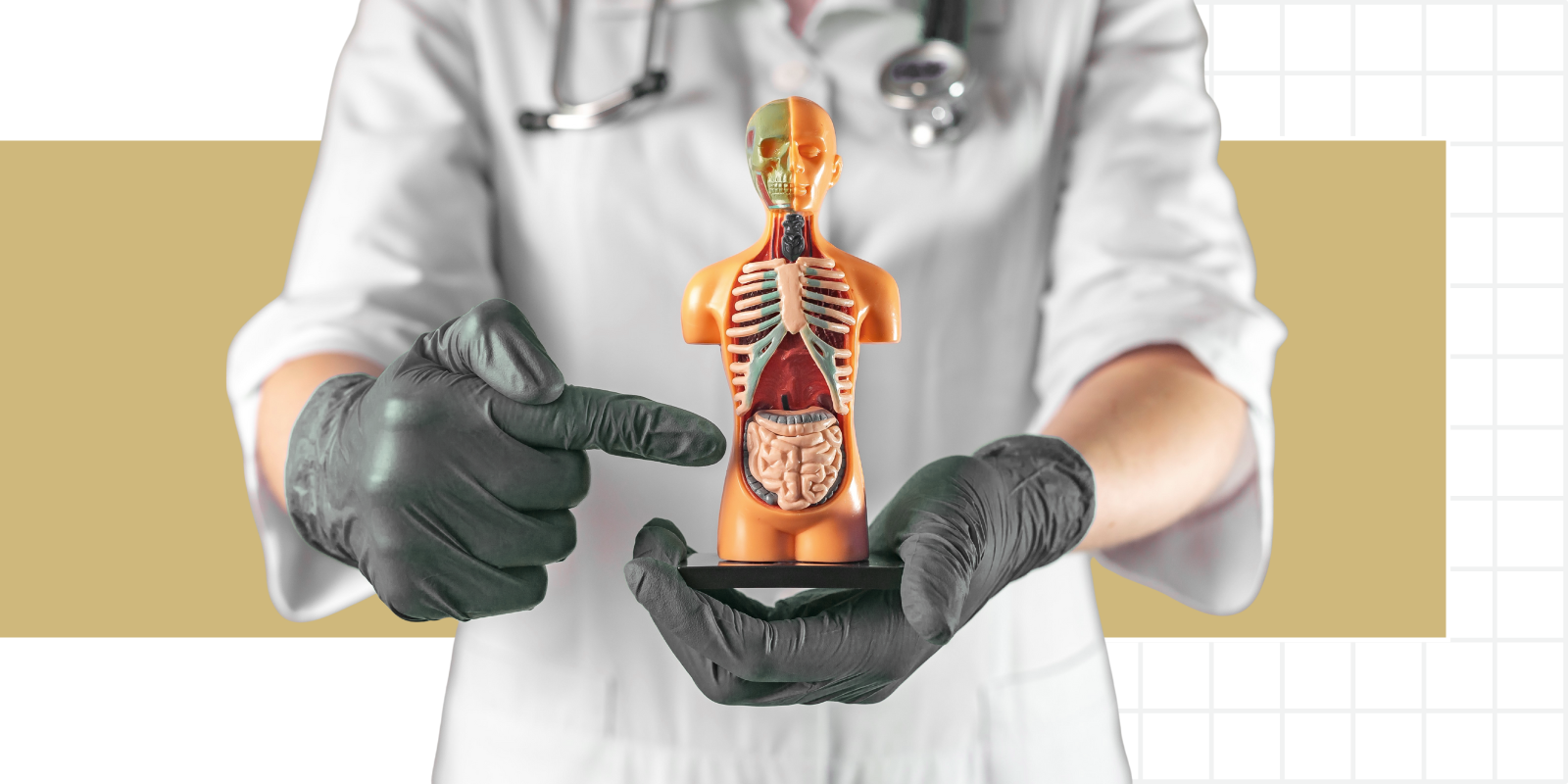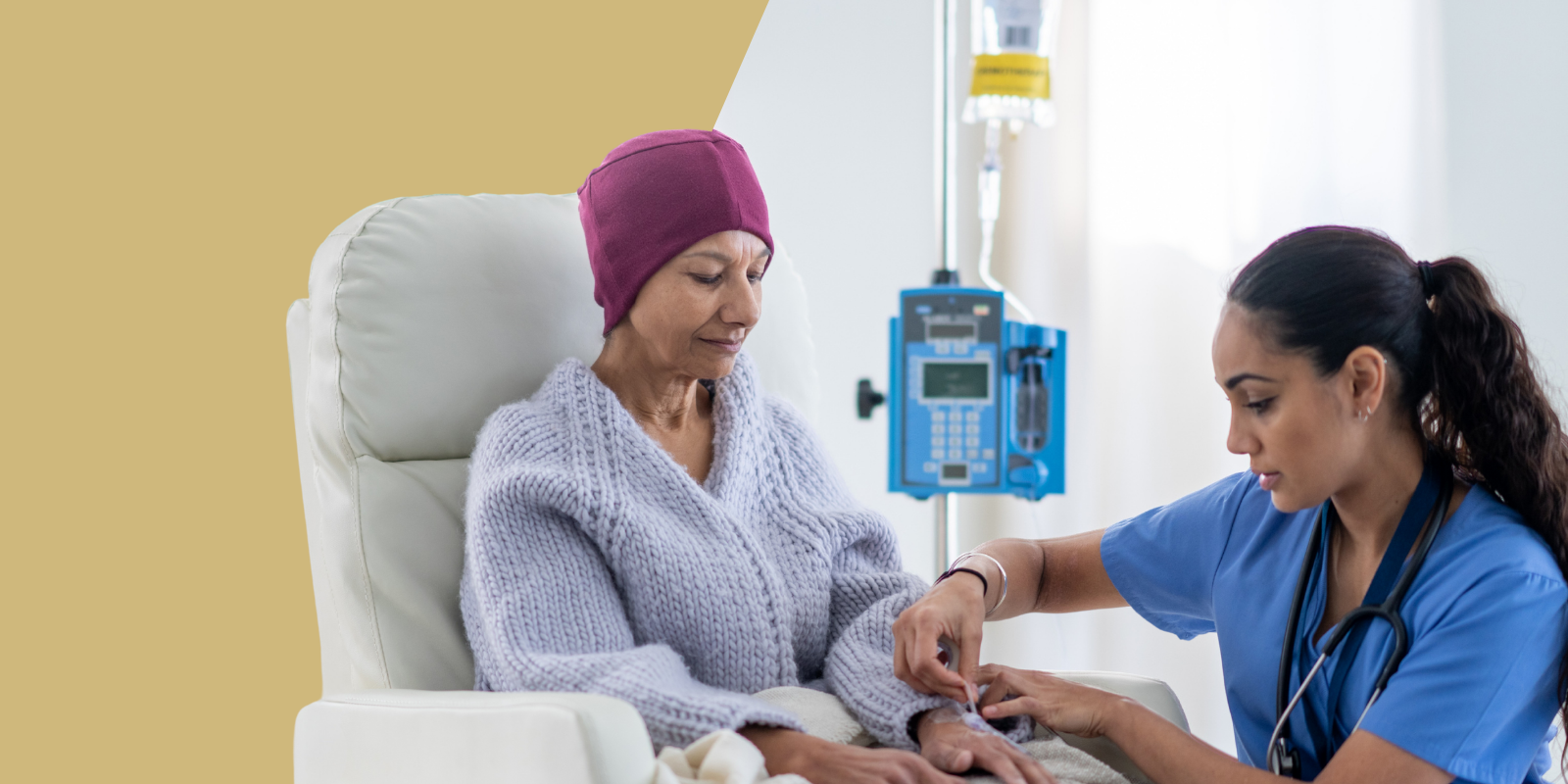Elissa Kolva, PhD, clinical psychiatrist and CU Cancer Center member, shares tips that might be helpful for caregivers during the COVID-19 pandemic.
Transcript:
Caregiving has been complicated by the current global pandemic. A caregiving team may be composed of a constellation of loved ones and family members, both near and far. During the best of times, this can allow for more support for patients and caregivers. However, the COVID-19 pandemic has changed this significantly.
Often families are separated by distance. This can cause conflict and tension between “in town” and “out of town” caregivers. Furthermore, many of our patients with cancer are at higher risk and contact is not possible. This can exacerbate many aspects of caregiving distress.
A few tips for caregivers who can't physically be with their loved ones during the pandemic.
- Check-in with the local caregiver. Be creative about finding ways to support the caregivers in the home. Ask them about how you can be most helpful to your loved one.
- Schedule virtual visits. So much of our life has become virtual due to the pandemic. Scheduling regular check-ins with your loved ones can be helpful for both of you to feel that love and care. It doesn’t have to be a deep and meaningful conversation – I could be checking in, sharing a joke and watching a show together. Just make time regularly to make that contact. Also during those times it might provide the opportunity for the local caregivers to engage in some self-care.
- Observe your emotions. It is important to recognize that this is extremely difficult. This pandemic has limited our traditional means of coping and connecting with others. It is normal to feel sad, anxious and overwhelmed.
- Take time to engage in self-care. There may be an impulse to be harder on yourself since you are not around your loved one. We want you to stay as healthy as possible so that when we are able to be together again that you can be there for your loved one. It is important to do your best to maintain your routine. And that includes engagement in things that help you to feel good and nurture your physical and mental health.
For more supportive information for caregivers visit the CU Cancer Center Caregiver section of the website.



